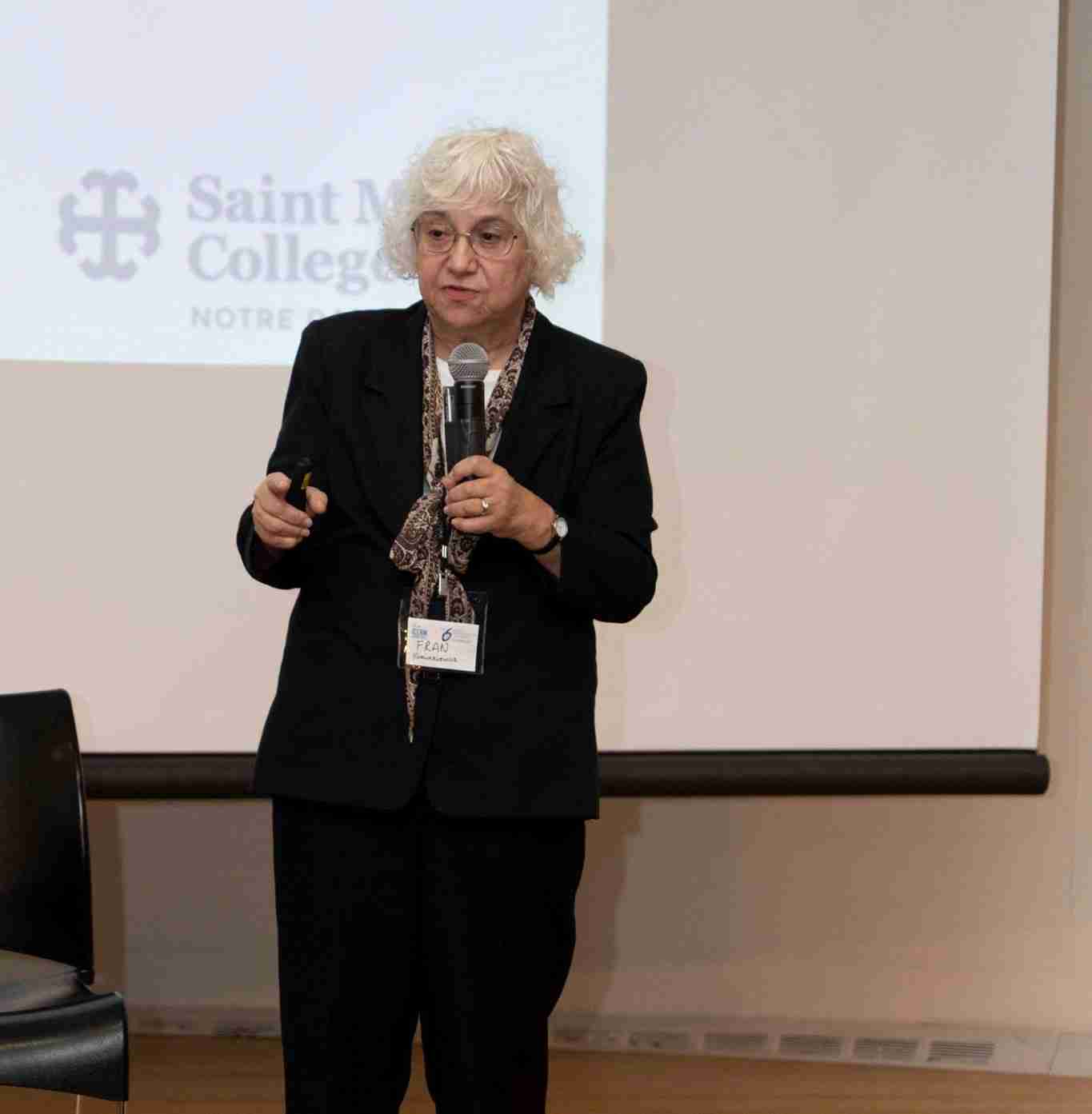This paper is a segment of a larger research project that focuses on the rise of ethnic Malay nationalism and supremacy in Malaysia. While the rise of ethnic Malay nationalism can be attributed to various factors, this paper specifically focuses on the Islamic conversion law in Malaysia and whether or not it has reinforced the sentiment of ethnic Malay supremacy. Malaysia is a multi-ethnic and multi-religious country which gained its independence in 1957 from the British. The Malays being the largest ethnic group have always regarded the religion of Islam as part and parcel of their identity which separates them from other ethnic groups that were brought into the country during British colonial rule. While Islam is the official religion, the Constitution allows other religions to be practiced peacefully by non-Malay Malaysians, namely the ethnic Chinese and Indians. However, the Islamic law that governs Muslim marriages in Malaysia has mandated that non-Muslims must convert to Islam should they wish to marry Muslims. In this paper, I argue that the Islamic conversion law has been used as a tool to strengthen the sentiment of ethnic Malay nationalism in Malaysia. Preliminary data were collected based on interviews with Malay Muslims who are married to non-Malays. The results have shown that majority of Malay interviewees consider conversion to Islam as imperative as required by the Islamic religion and the state law. In addition, they also see no reason why non-Malays would object to converting to Islam, as upon marriage, the children will automatically be considered Malays as per the Constitution, which also comes with status and privileges. Views of non-Malays who have converted to Islam were based on secondary interviews that have been conducted by other scholars. As being a Muslim is associated with being a Malay, many non-Malays that converted feel robbed of their sense of religious and ethnic identity, and feel pressured to embrace the ethnic Malay culture. While changing the conversion law might be difficult, open interfaith dialogues in schools and in public sectors might be the first step to tackle this problem.



